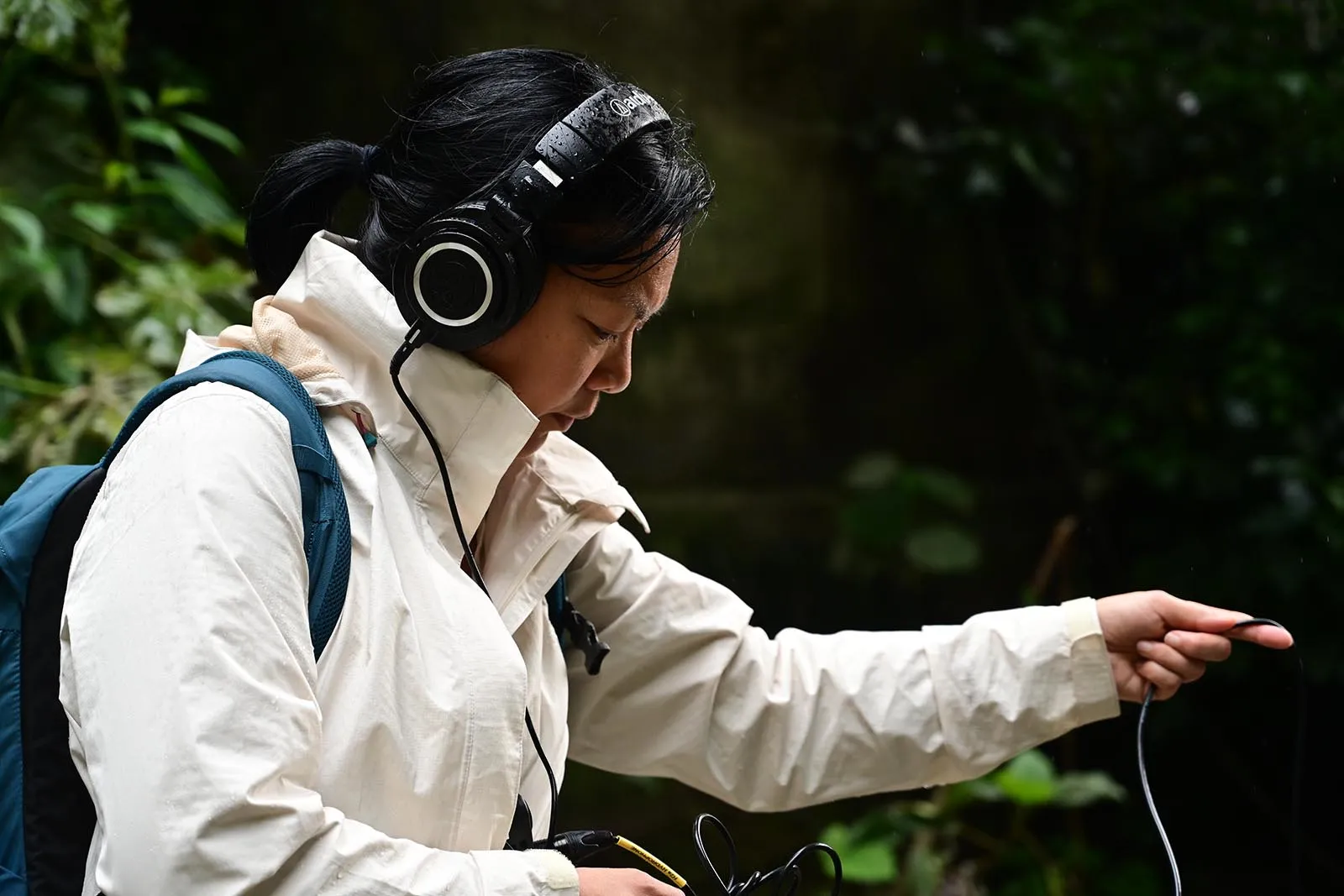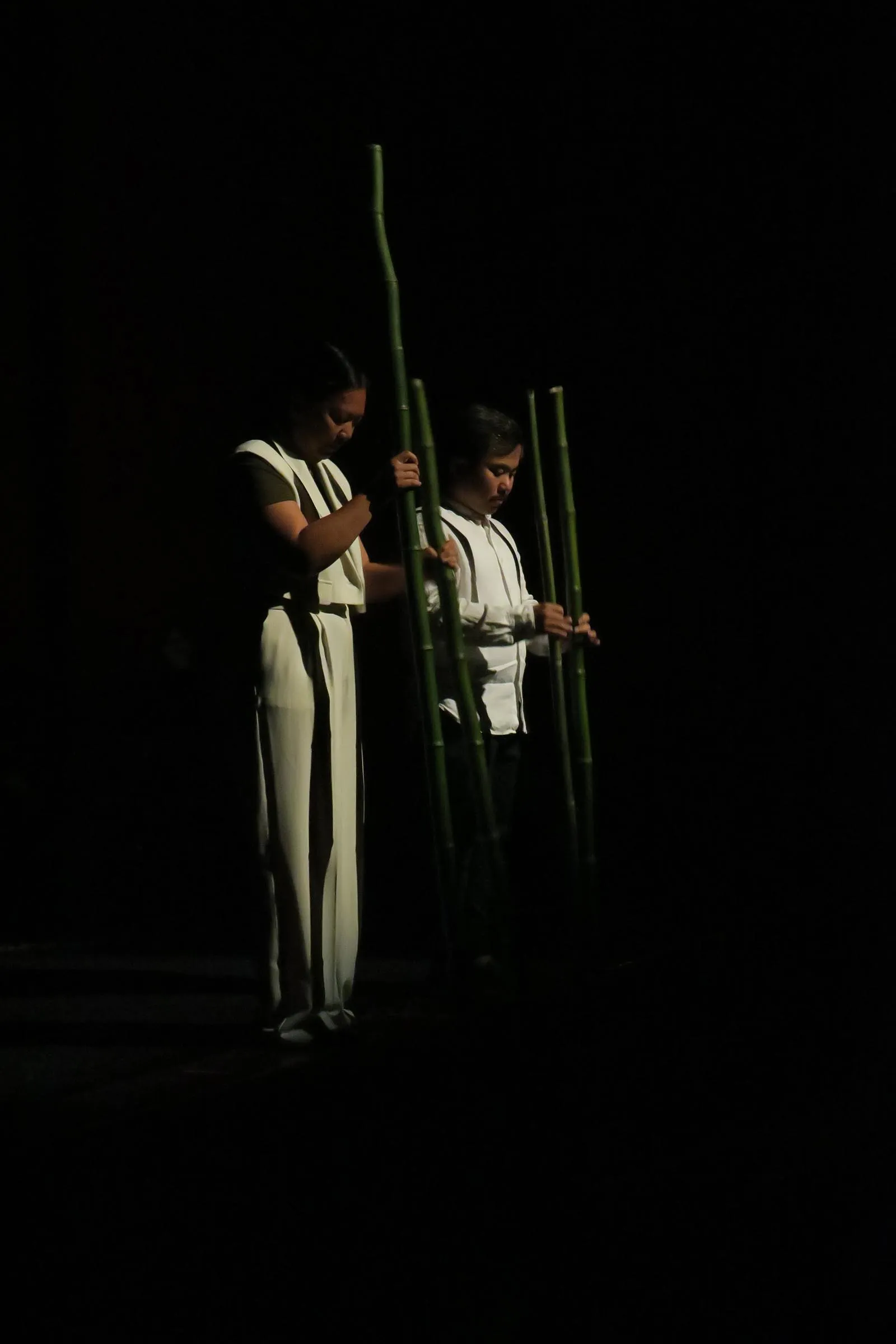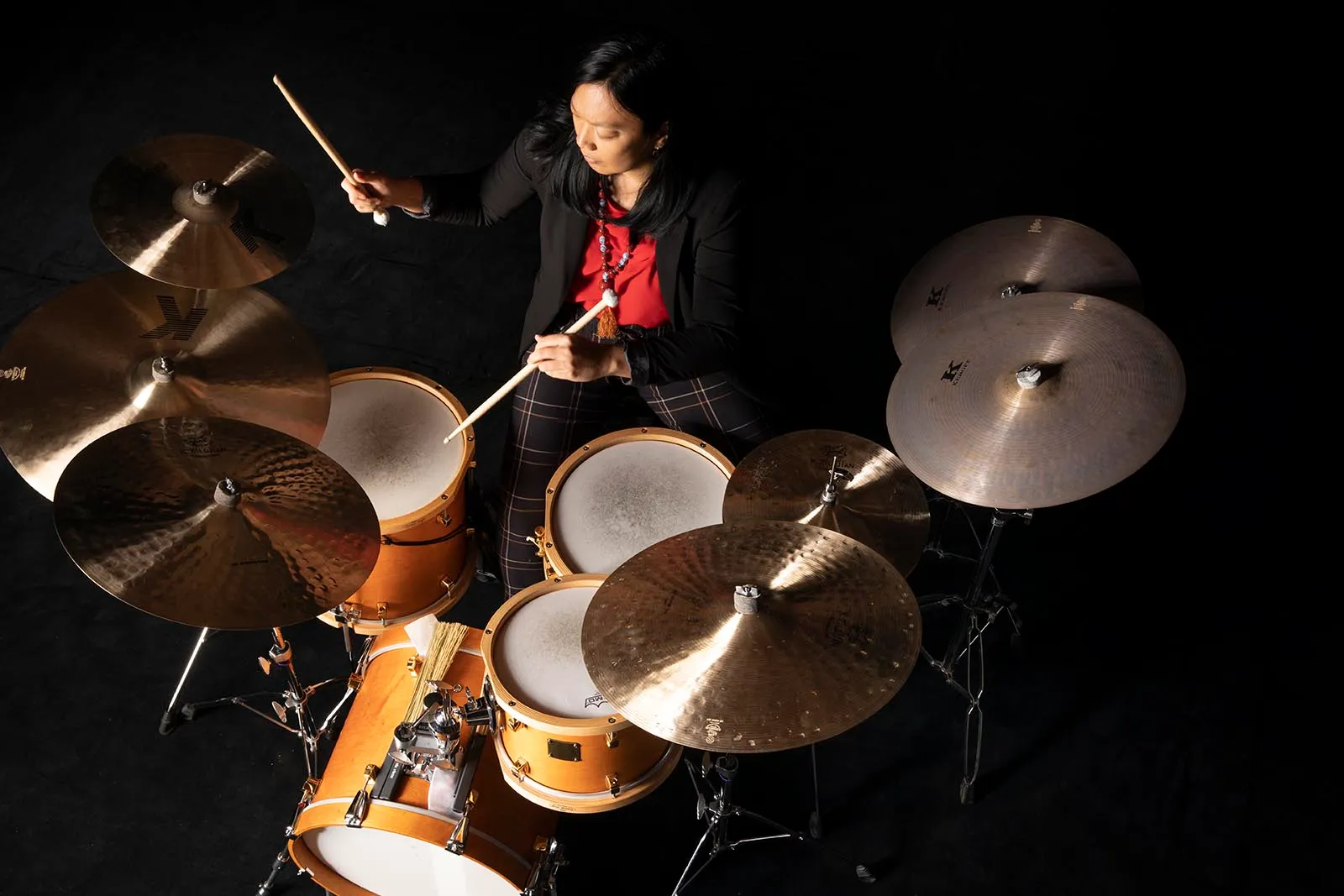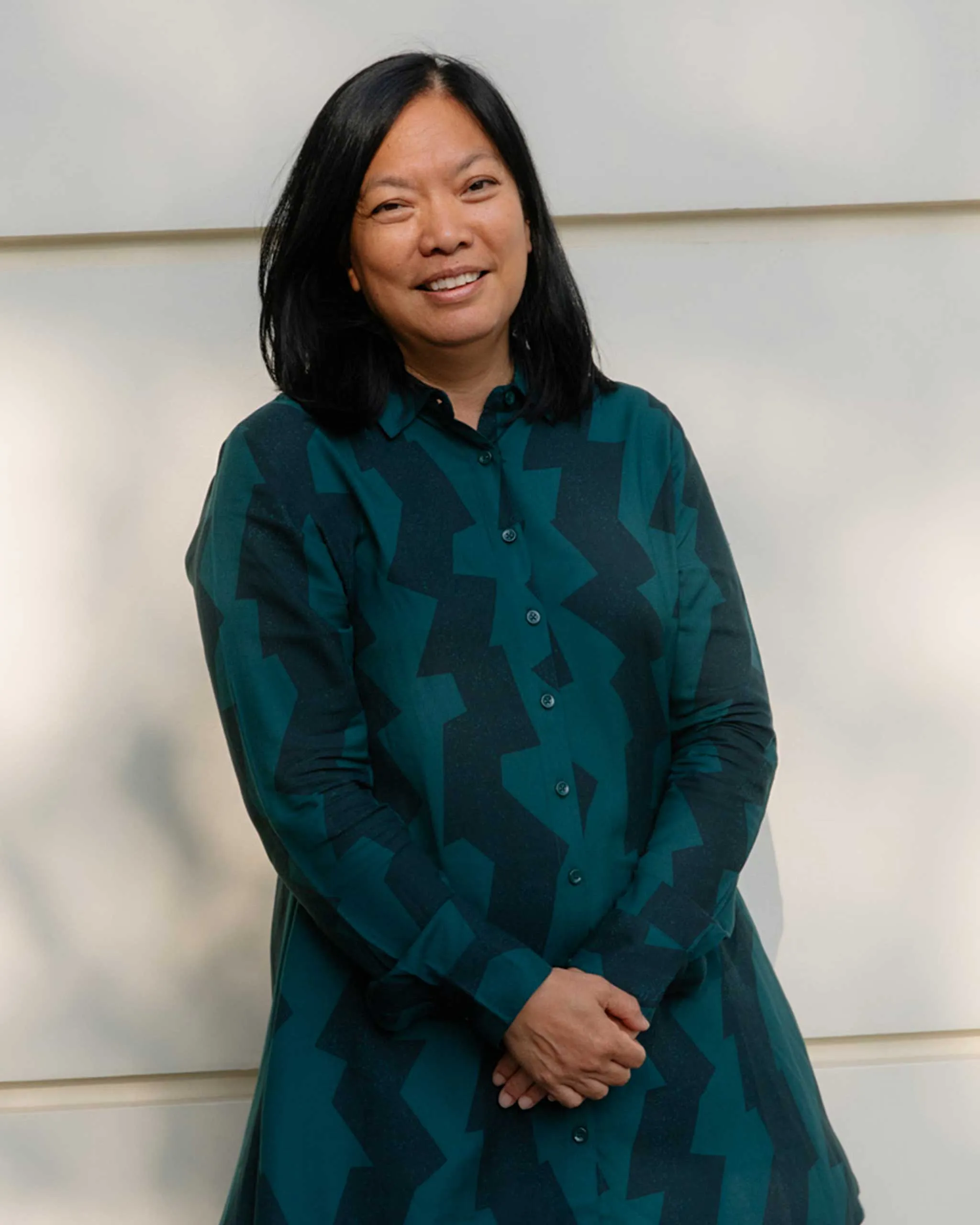Pulitzer-award winning musician Susie Ibarra. Photographed by Diana Pfammatter. Courtesy of Susie Ibarra
In an exclusive interview with Vogue Philippines, Berlin-based musician Susie Ibarra shares her insights about her recent Pulitzer win and the impact of music on ecological conservation.
On May 6, 2025, composer, percussionist, and sound artist Susie Ibarra became the latest Filipino-American to make history. Her piece, “Sky Islands,” won the Pulitzer Prize for Music, a transcendent and richly textured composition that elevates Filipino culture and ecology onto a global platform.
In “Sky Islands,” Ibarra centers the rare, high-altitude rainforests of Luzon, which are home to a remarkable range of flora and fauna, including nearly 50 species found nowhere else on Earth. “I think these sky islands are very magical for me in a way,” the musician reflects. “Not as many people inhabit this area, so it is said that evolution speeds up in a kind of way.”
The Pulitzer committee praised her work for “challenging the notion of the compositional voice,” spotlighting her use of improvisation and deep collaboration with fellow musicians and the environment itself. “I find that I have learned and am learning as much, if not more, from listening to the natural world as I do from our human, anthropogenic one,” Ibarra tells Vogue Philippines.

This relationship with nature is neither abstract nor distant. For the past two decades, Ibarra has embedded herself in the ecosystems and communities of the Philippines. Her first encounters with the mountain ranges of Luzon occurred nearly 18 years ago, during fieldwork supported by the Asian Cultural Council.
It was here that she began a deeply intimate journey with both sound and the land. Working with artists and elders from Ifugao, Kalinga, Bontoc, and Aeta communities, Ibarra witnessed firsthand the spiritual and sonic texture of these remote areas. “These experiences and relationships with communities and the landscapes of mountains and water have been deeply impactful,” she says. “They’ve become part of my way of being and creating.”
Traditional Filipino instruments such as the kulintang, bamboo flutes, and the resonant tongatong form the sonic skeleton of the piece. Ibarra’s reverence for these instruments comes from years of lived practice and cultural engagement.
Her kulintang style is rooted in years of study with the late Danongan Kalanduyan, a legendary kulintang master from Mindanao. “My kulintang gong playing comes from my evolved compositional and performance practice of traditional kulintang Palabunibunyan Maguindanaon style music,” she explains. In “Sky Islands,” that foundation becomes a launching point for blending sonic sculpture and improvisation with layered meaning.

Equally significant is her use of bamboo percussion, referencing the tongatong traditions of Kalinga. “I am particularly enamored of the forest music in this region and the interlocking rhythms across percussion styles of gongs and bamboo in Northern Luzon,” she shares.
In honoring these traditions, Ibarra is not reproducing history; rather, she is innovating within its lineage while maintaining deep respect for its roots. “Sky Islands” is a sonic archive, a prayer, and a call to action. “I hope that it can be an encouragement to many artists and non-artists, that conservation with our cultures and environments can be shared in many ways,” she says. “Each of our voices really matter.”
This philosophy is evident in the way she speaks of art as a vessel for advocacy. Her recent projects, including CHAN: Sonnets and Devotions in the Wilderness and a forthcoming research work on Philippine cave systems and hydroclimates, blur the line between art and ecological science. With her nephew, biogeochemist Daniel Ibarra, she plans to create an installation of recorded stalactite water drips and lithophone-inspired compositions from caves in Puerto Princesa, Byak na Bato, and Bohol.
“It is an intergenerational family project,” she says. “The science team is monitoring hydroclimate to help better prepare for monsoon seasons in Southeast Asia. I will reconstruct in a sound installation a composition of these water sounds.”

Despite her current base in Berlin, Ibarra’s Filipino identity remains central to her work. Her experience as a transnational artist, as a person moving between the U.S., Europe, and Asia, has shaped both her sensibility and her sense of purpose.
“As a teenager in Houston, Texas, and later in New York, I was struggling and questioning identity head-on,” she shares. “The cultural, familial, spiritual, and environmental education I received from my family, from field research, and from my practice on stage and in the studio has shaped and guided me.”
Rather than navigate diaspora as distance, she uses it as a way to deepen connections to family, to place, and to sound. “Being both a diasporic Filipina and a serious artist and researcher, I followed my heart,” she says.
When asked what she hopes younger Filipino artists take away from her Pulitzer win, Ibarra echoes sentiments of various Filipino artists: to communicate what they are passionate about. “It is hopefully a longer arc than we can all anticipate, and I would wish for them a beautiful process in the making of their art and music,” she says.
